Criminals who refuse to attend sentencing in England and Wales could face an additional two years in prison, under a new bill to be introduced to Parliament on Wednesday.
Additional powers for judges to punish offenders absent from sentencing will mean offenders cannot “opt out” of justice, victims’ families have said.
“It is not about punishment through force – but about ensuring that perpetrators cannot remove themselves from the consequences of their actions,” said the families of murdered primary school teacher Sabina Nessa, law graduate Zara Aleena and mother-of-three Jan Mustafa.
All of their loved ones’ killers did not attend their sentencing hearings, prompting calls to change the law.
The bill will only become law once it has been approved by MPs and the House of Lords.
Powers already exist to compel people to attend court but they are often not used.
New measures under the Victims and Courts Bill could apply to any case in the Crown Court, including those who attend proceedings but are removed from court for disruptive behaviour – like Southport killer Axel Rudakubana.
Offenders already facing whole life orders could be confined to their cells and be stripped of privileges, like extra gym time, under the new bill.
In a joint statement, the victims’ families said the development was a “step in the right direction, and that new punishments indicated “this change is being taken seriously”.
“It gives families a moment of recognition and a form of reparation. It is a moment of reckoning for the convicted,” they added.
In January, Prime Minister Sir Keir Starmer promised to follow through on the legislation – initiated by the previous Conservative government – after meeting Cheryl Korbel.
Her daughter, Olivia Pratt-Korbel, was shot dead in her home in August 2022, aged nine. Thomas Cashman, the gunman who killed Olivia, did not attend court to be jailed for 42 years.
Anneliese Midgley, Ms Korbel’s MP, said: “This law is down in no small part to my constituent Cheryl Korbel. I am so proud of her.”
“Sentencing is not just a legal formality; it is the culmination of justice. That’s why it’s so important that justice is not only done, but seen to be done.”
Justice Minister Alex Davies-Jones said: “I would like to thank the remarkable families of Olivia Pratt-Korbel, Jan Mustafa, Sabina Nessa and Zara Aleena and countless others who have campaigned tirelessly for offenders to have to face the reality of their crimes by attending their sentencing.”
“Justice isn’t optional – we’ll make sure criminals face their victims,” she added.

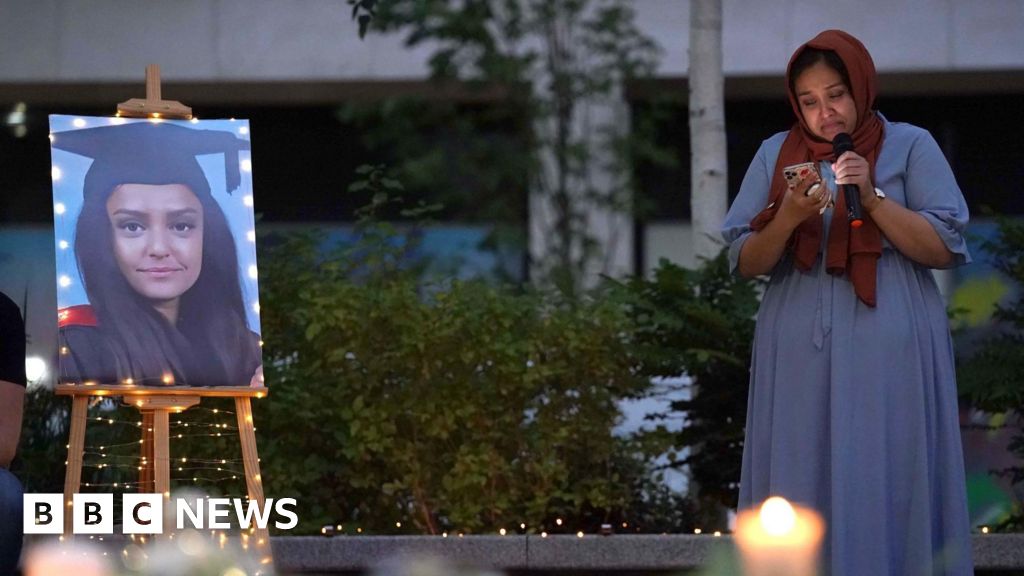


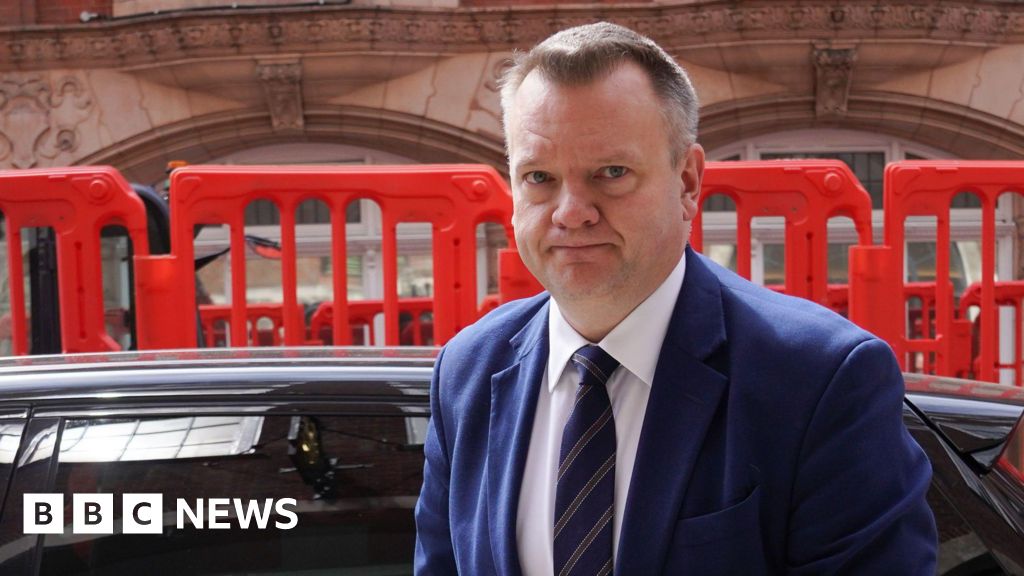

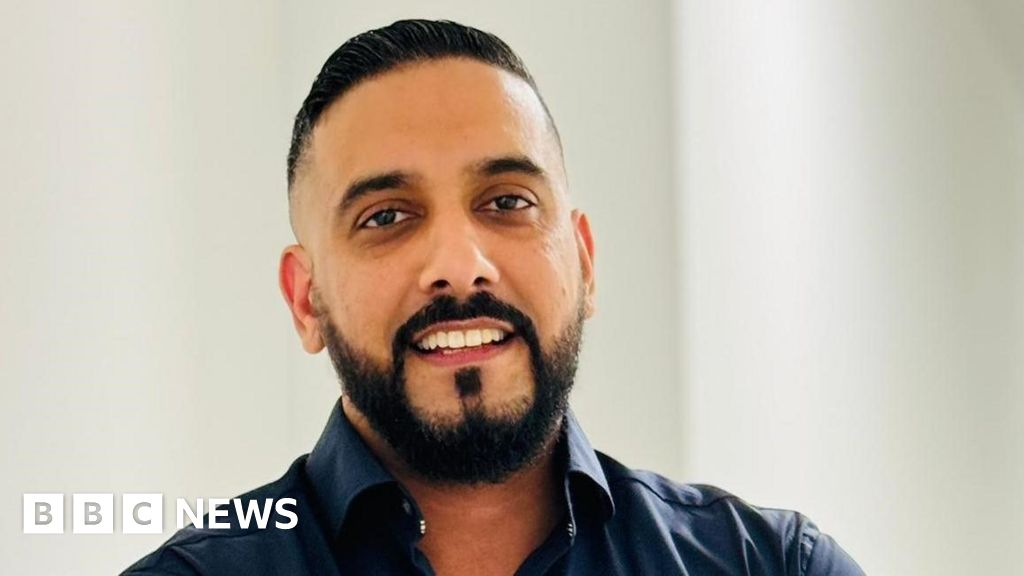
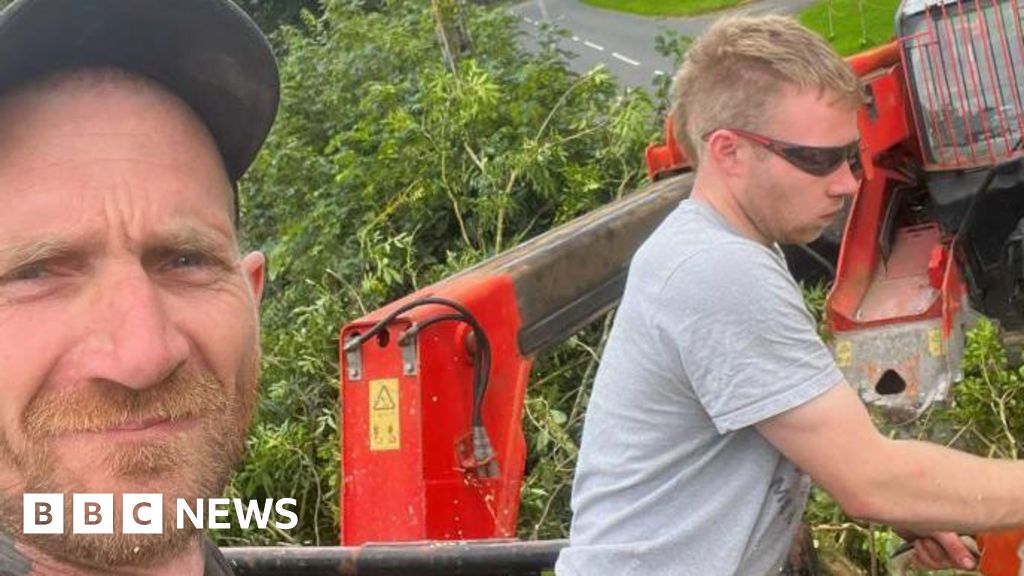

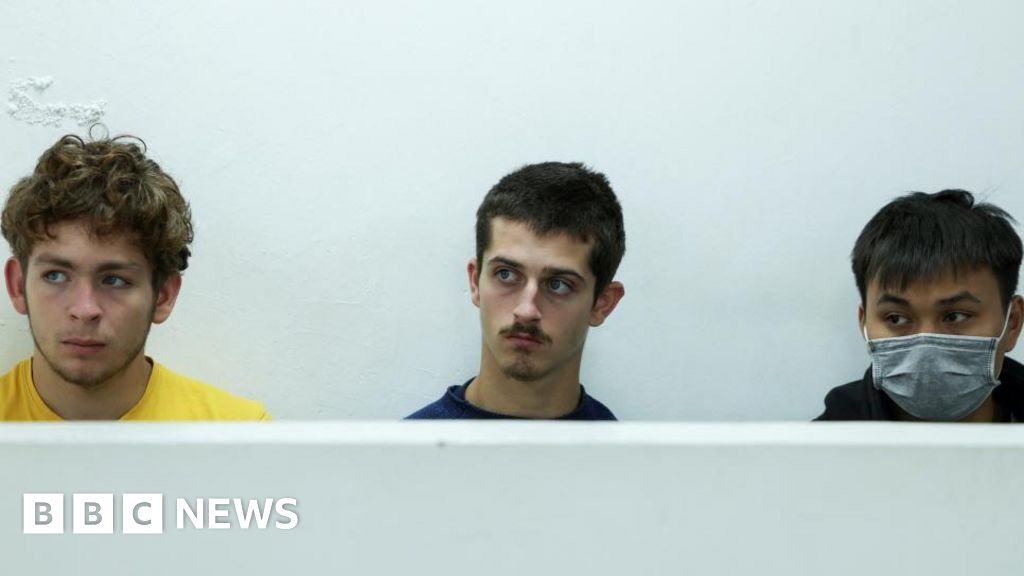
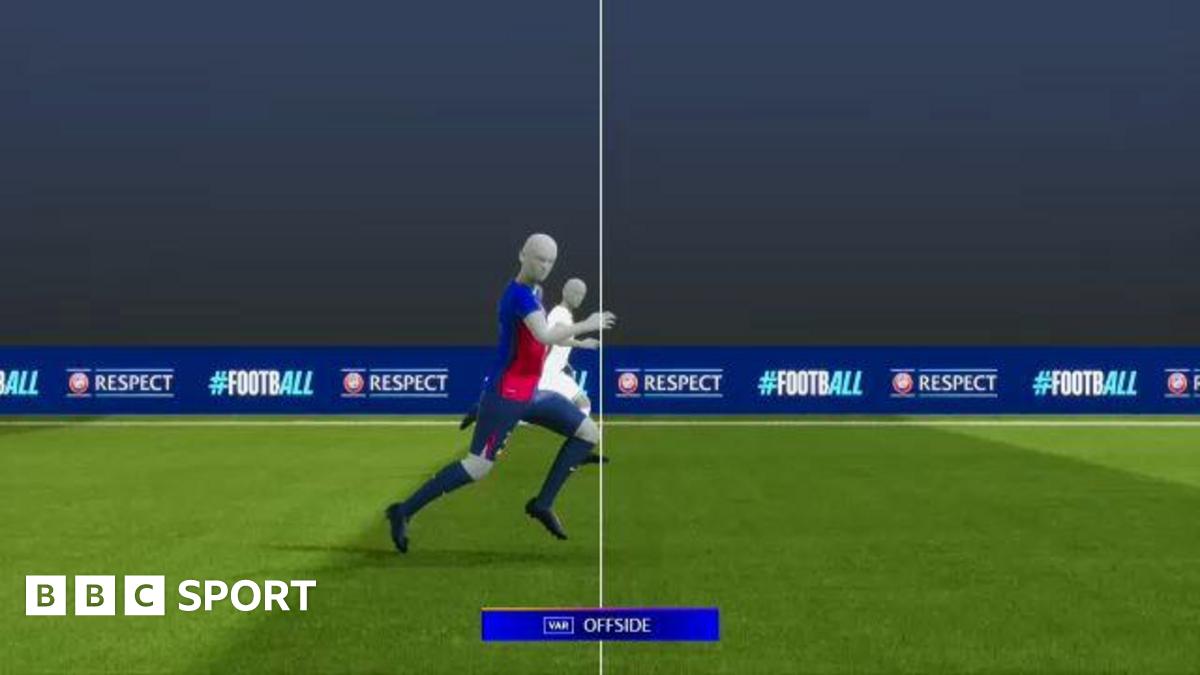


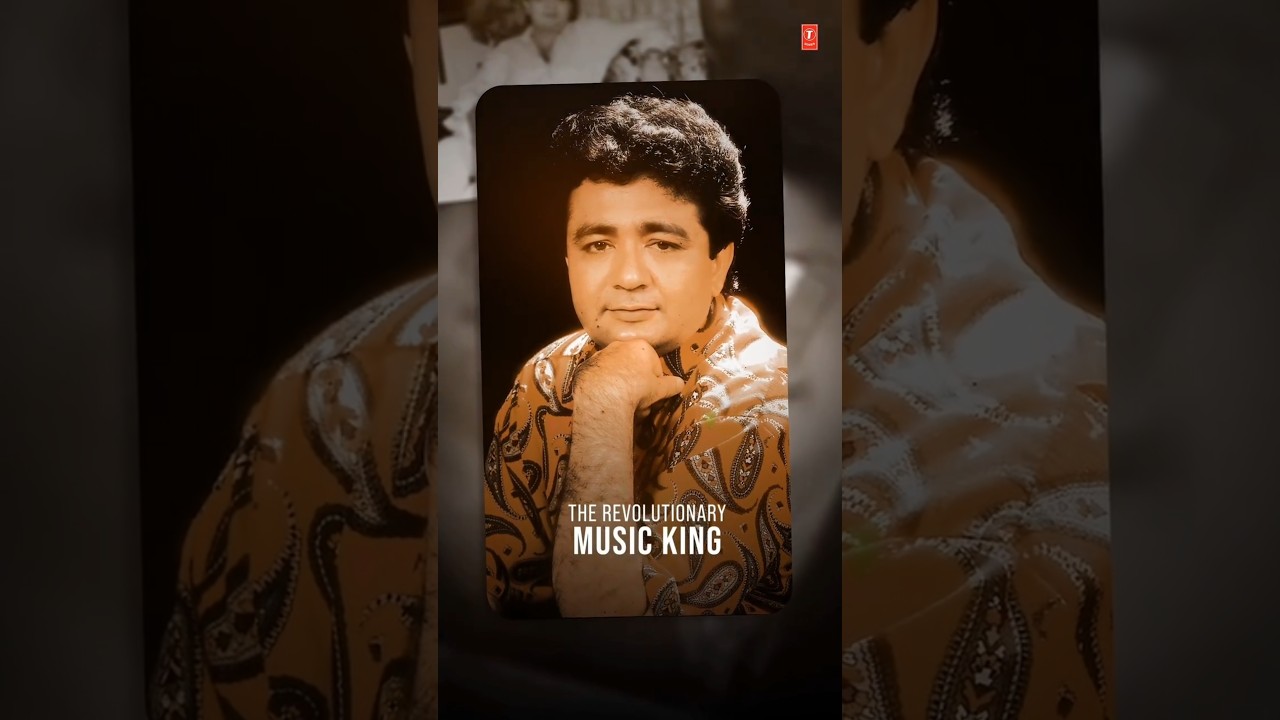


Leave a Reply